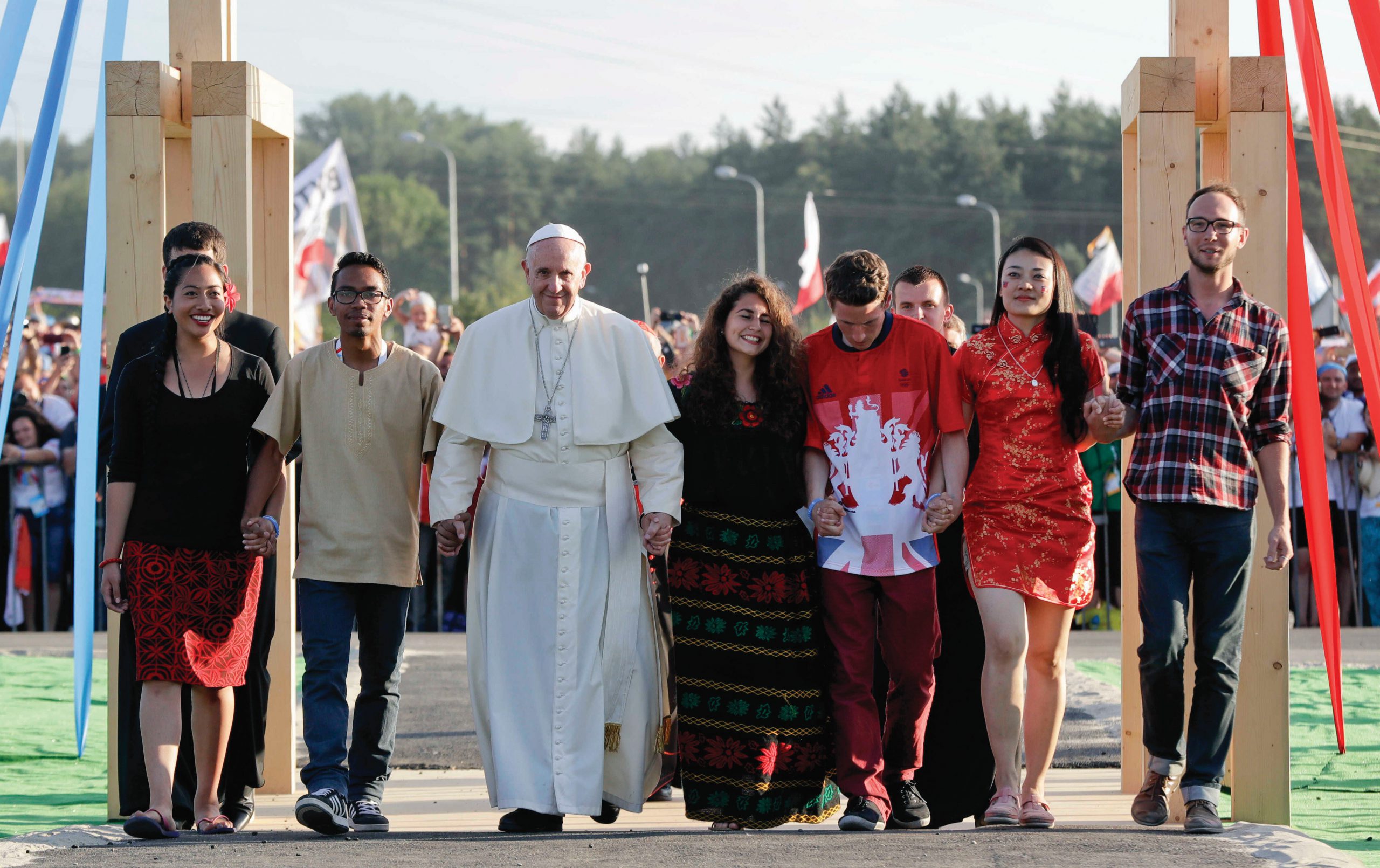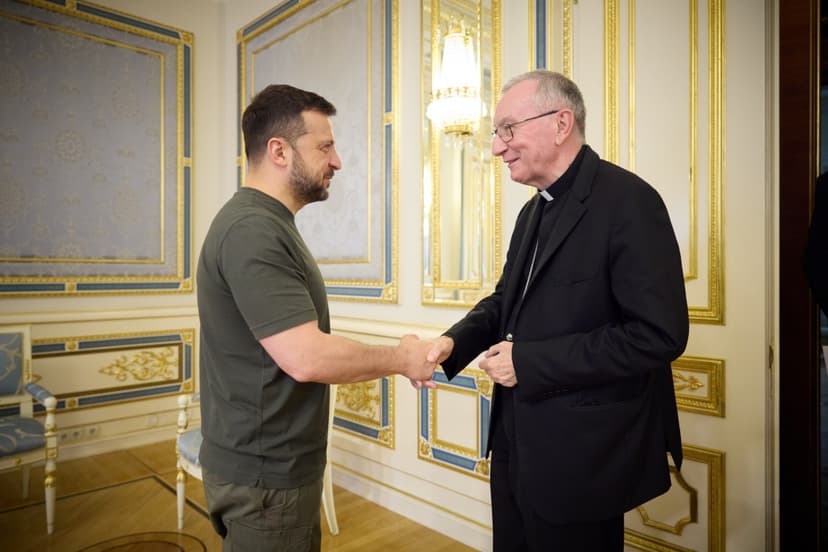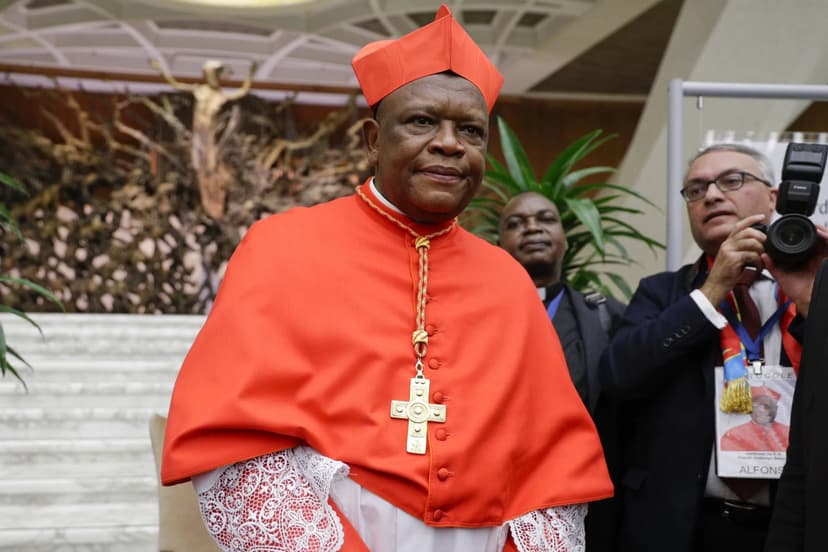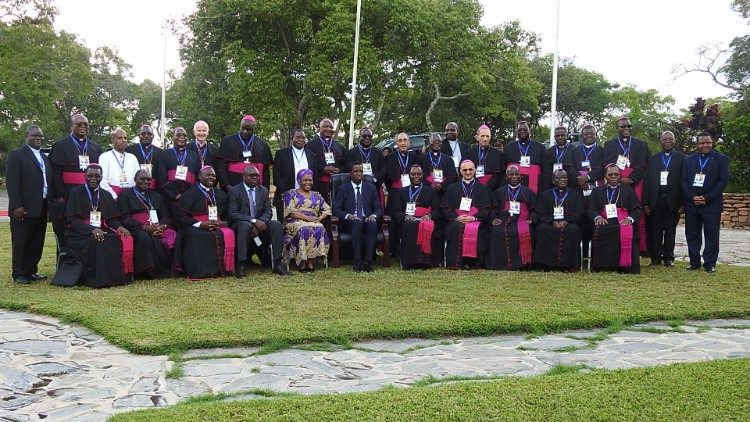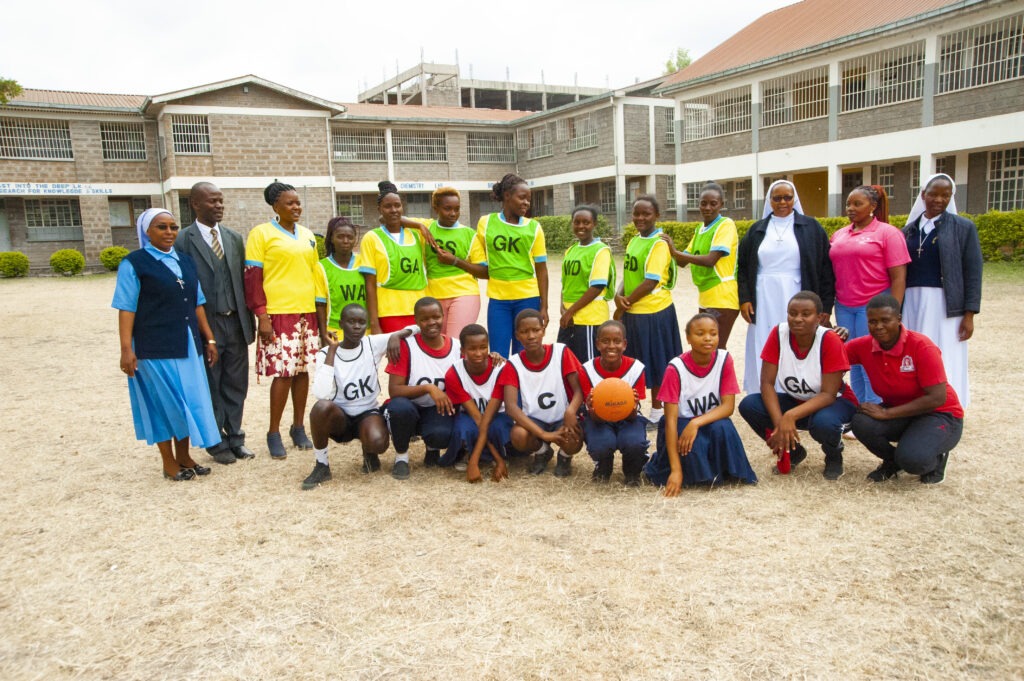After criticising what is inhumane, violent, degrading and exclusionary in today’s closed world, obscured by dark clouds, in Fratelli tutti, Pope Francis proposes possible paths that can lead us to fraternity and social friendship, thus fulfilling God’s dream for the world. Yet, while the faith of Catholics in Christ and the Church continues to shrivel and die, would the whole world in fact be better served, if all Catholics – clergy and hierarchy included – were led in a full-scale renewal of the Church herself?
Fratelli tutti is indeed a powerful document. Francis’ latest encyclical letter – which simply means a circular letter to all Catholics, believers, and people of good will – is another embodiment in the form of writing of the Pope’s deepest and truest dream.
The inner feelings that this long text inspires in me – and, I hope, in us all – are revelatory of how much, deep inside, we all dream the same: a humanity that is visibly one human family, where differences and similarities live together, inclusivity and respect are the fundamental steps for any form of dialogue, and creative imagination of a new future inseparably links with the transformative action to make this future happen here and now.
Dreaming is indeed beautiful and necessary, in spite of the dramatic complexity of our present reality, or maybe precisely because of such a complexity.
God’s dream…
 In the Bible, God’s dream is equivalent to God’s action. God is the only one whose dream for a just, equal, harmonious and beautiful world always becomes reality. God acts because he sees how reality and relationships could be and should be. The intercession of the great prophets of old was a daring reminder to God to be God and to be faithful to his/her dream. Nothing more and nothing less.
In the Bible, God’s dream is equivalent to God’s action. God is the only one whose dream for a just, equal, harmonious and beautiful world always becomes reality. God acts because he sees how reality and relationships could be and should be. The intercession of the great prophets of old was a daring reminder to God to be God and to be faithful to his/her dream. Nothing more and nothing less.
Nevertheless, this very dream of God becomes the judgment of our actions, or our inactions. Accepting and sharing God’s dream for our human and non-human reality raises the bar of commitment very high. Accepting the dream that we are all sisters and brothers means that we cannot lower expectations any more. That is why, I believe, the beautiful and powerful text of Francis becomes the most severe judge, not only of his pontificate, but also of our life and faith as well.
… fulfilled first in the Church
Today, the greatest challenge for the Church is neither to take issue with political powers and economic corporations, nor to side with the marginalised and impoverished by the deadly capitalistic system, from which we, too, live and prosper. The greatest challenge, which undoubtedly demands a radical new perspective, is to fulfil this dream of human friendship and solidarity within the Church herself.
Some of the several theological and ecclesiological analyses of the document have underlined the strident absence of two major aspects that, if they had been present, could have indicated the journey awaiting the Church towards internal human friendship and solidarity.
The first aspect – apart from the controversial title, which excludes more than half of the human family – is that, in the document, no woman is mentioned among the inspirational sources of Pope Francis. The second very relevant silence is on the plague of child abuse, which in the last decade has shattered the confidence of so many in the very possibility of such a human friendship and respect within the Church.
Starting from the victims
Advocating for a new perspective means shifting from the usual way of looking at things to the way of looking and understanding of the victims, whether of the deadly capitalistic system in society or of patriarchalism and clericalism in the Church. Accepting their perspective impels us to act, so that the Church, sign and sacrament of the new humanity, may finally become what she is called to be.
As Christians, we cannot aim lower than God’s dream itself. Otherwise, “we say one thing with words, but our decisions and reality tell another story” (FT 23). Definitely different from God’s Story.

